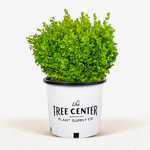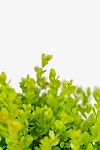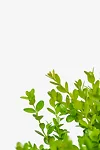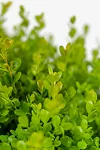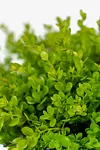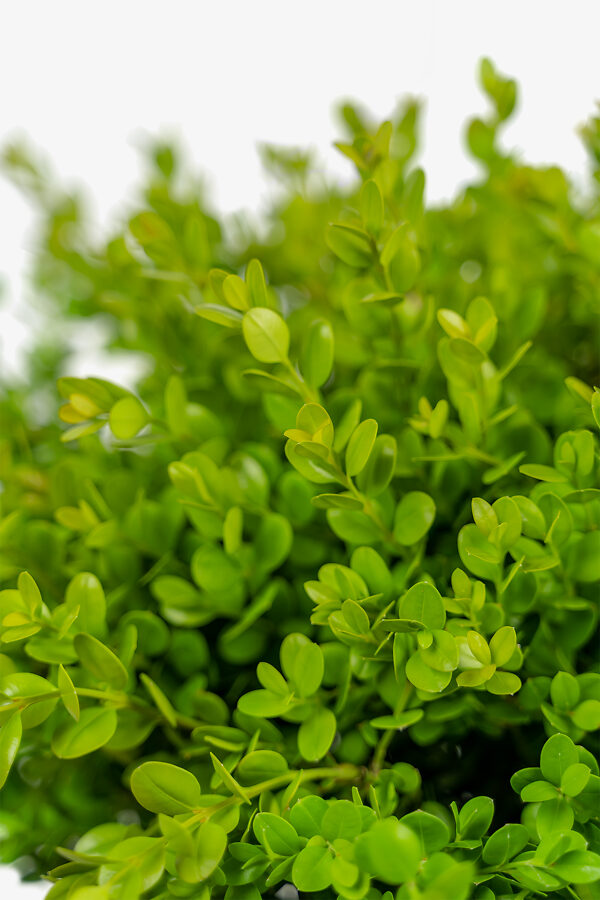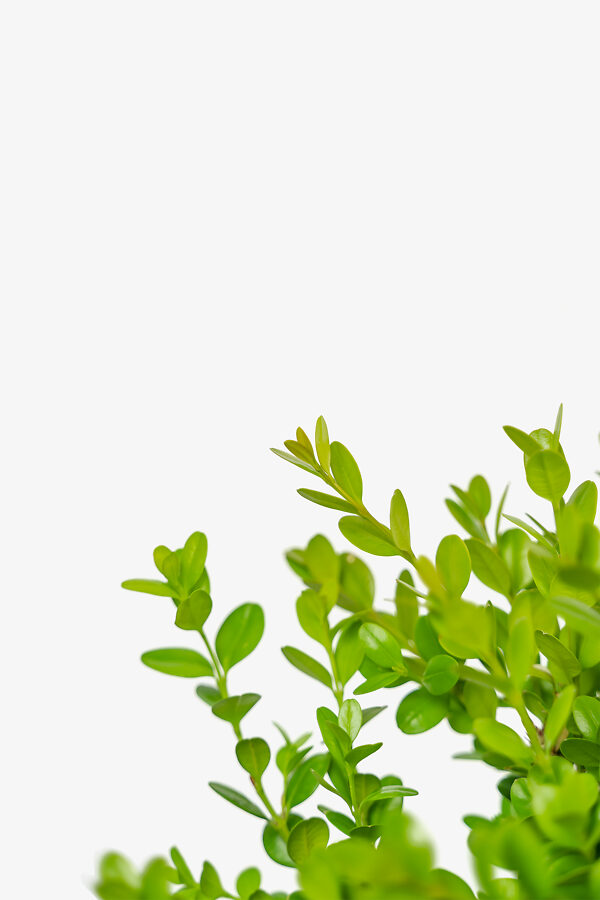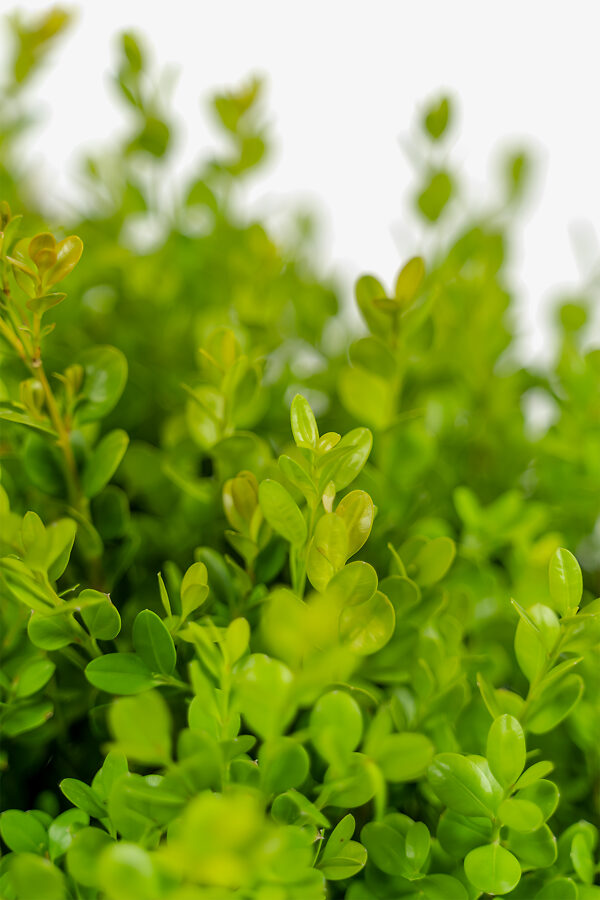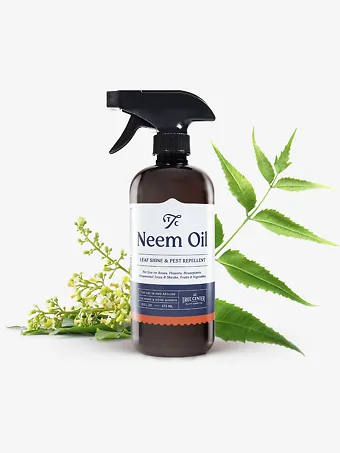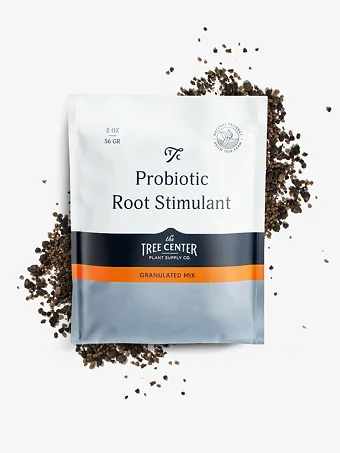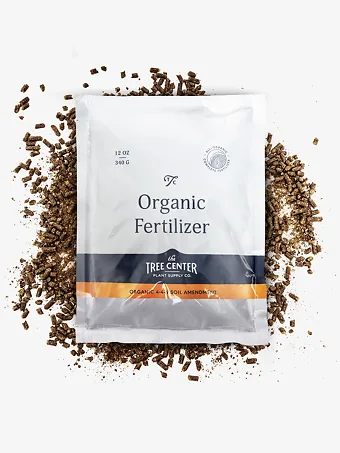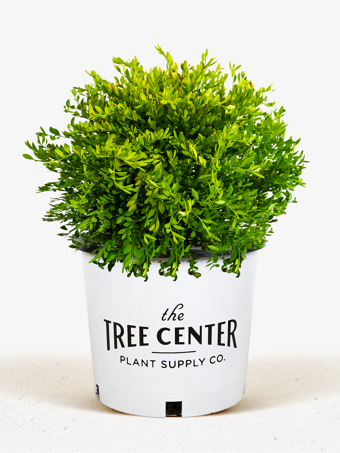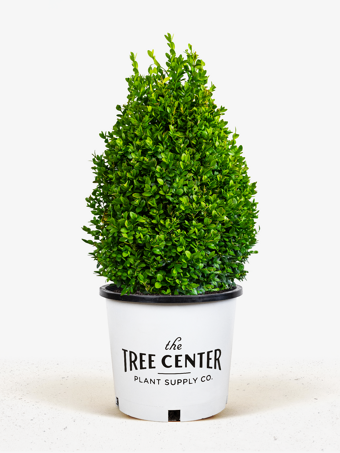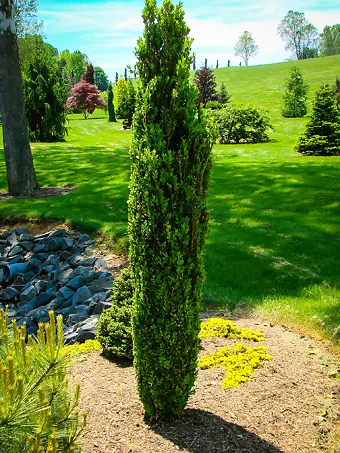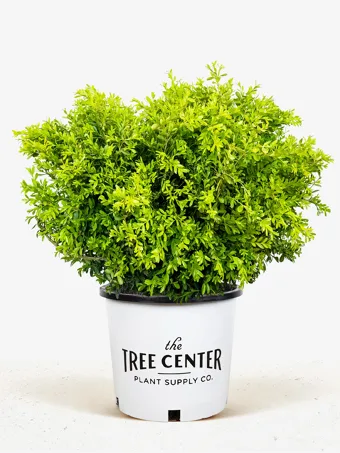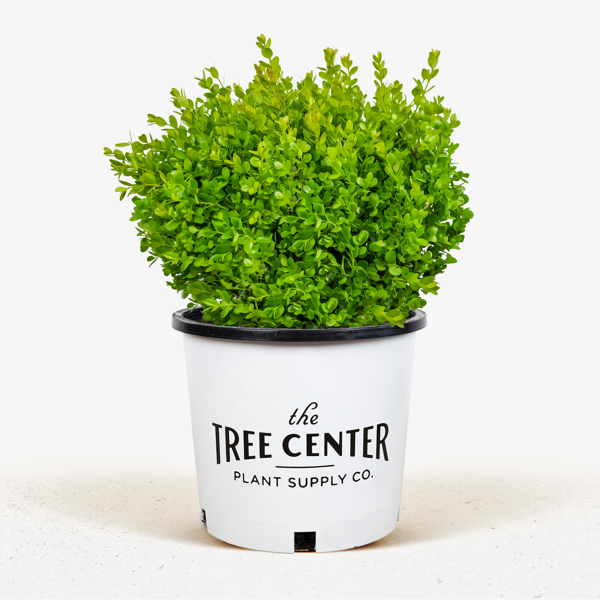
Wintergreen Boxwood
Buxus microphylla var. koreana 'Wintergreen'View more from Boxwood Shrubs
Wintergreen Boxwood
Buxus microphylla var. koreana 'Wintergreen'
Select Size
30 day - ARRIVE AND THRIVE™ guaranteeLearn more


Special Features

Botanical Name
Buxus microphylla var. koreana 'Wintergreen'
Outdoor Growing zone
4-9
Mature Height
2-4
Mature Width
3-5
Sun needs
Full Sun, Partial Sun, Shade
The Wintergreen Boxwood is a selected form of Korean boxwood that remains green all winter even in the coldest areas, yet will also grow well across the whole country. For low hedges, clipped balls, shorter pyramids and any other shapes in the garden or in pots, this is the ideal boxwood to choose. It has small leaves in a beautiful mid-green color that will be fresh and green all year round, making the perfect edging for your beds, in sun or shade. One of two clips a year is all it needs to look great, or for something different, plant some without clipping and let them grow naturally into an attractive dense green mound. The tiny yellowish-green flowers are fragrant too, although they are inconspicuous and occur mostly on unclipped plants
- Best boxwood variety for coldest areas
- Fresh green foliage all year round without winter bronzing
- Easily clipped into hedges and specimens
- Grown well in sun or shade
- More pest-resistant than other boxwoods
Almost any location, in sun or shade, will be perfect for the Wintergreen Boxwood, so you can have hedges anywhere you need them. It will grow well in any regular garden soil, and benefits from mulch and regular fertilizer. Clip from spring to fall and you will always have perfect neat plants. The Wintergreen Boxwood is also more resistant to pest than other varieties of boxwood.
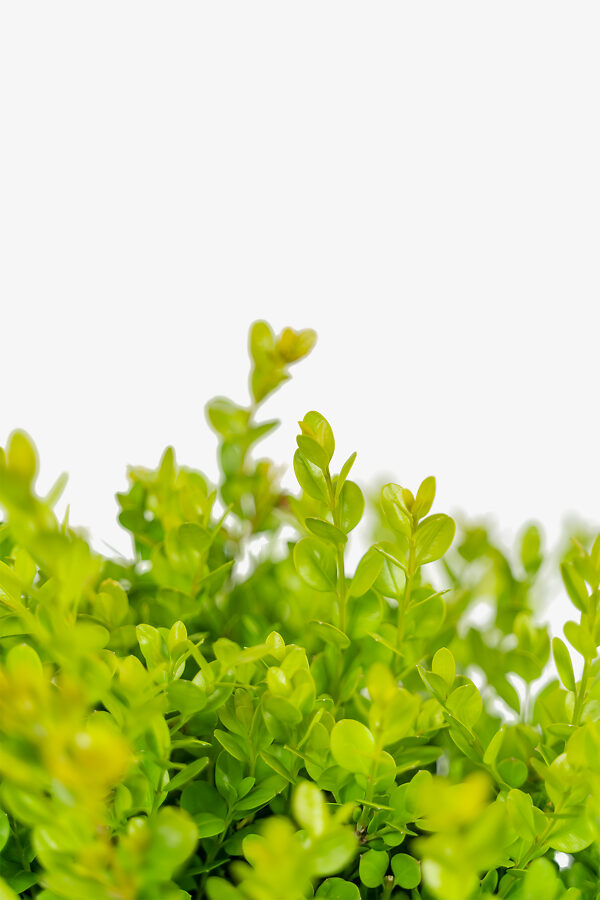
Plain green plants clipped into simple shapes are important ingredients in almost every garden. The simple forms rest the eyes, making us stop and consider what we see, and giving structure and form to the arrangement of our plants. Put a frame around random blobs of color and you have a picture, and put a border around a mixed bed of flowers and you have a garden. If you find your garden looks disorganized and chaotic, the best solution is to add some clean lines and some simple forms.
Boxwood has a long history as the ideal plant for making low borders around garden beds and creating balls and cones for corners and for pots. Even in Japanese gardens you will see shrubs clipped into rounded, wave-like shapes. Unfortunately some kinds of boxwood are just not hardy enough to do well in the colder parts of this country, so it is important to choose wisely and pick the correct plant.
Growing Wintergreen Boxwood Shrubs
Wintergreen Boxwood is a selected form of the Korean Boxwood, which not only has that plant’s general hardiness, but in addition it has been specially selected to resist the winter browning that is often seen in colder areas. This boxwood will stay green and fresh all winter, even in areas where the temperatures can plunge to a chilly minus 30 degrees. If left to grow naturally it will form an irregular mound of small green leaves about 4 feet tall and 5 feet across. This is an attractive idea, although not often seen.
The much more normal way of growing this variety is to use it to create low hedges, between 18 inches and 3 feet tall. They can be arranged in straight lines or curves around garden beds, separating the bed from walkways, driveways and terraces. This gives order and neatness to your garden, even if the other plants run riot. Clipped a couple of times a year, these small hedges will last for decades, while the plants they contain can change as often as you like. When you get to a corner you can allow one plant to grow taller, clipping it into a ball or a box, or whatever shape you fancy.
Sun Exposure and Soil Conditions
The Wintergreen Boxwood will grow well in lots of different light conditions, from full sun to shade, so hedges that move into different areas will look great wherever they are growing. It will grow in any ordinary garden soil, and it will grow best in well-drained soils that do not become completely dry. In hot, dry areas or during mid-summer it is best to keep your plants well-watered. Like your lawn, your boxwood is clipped, so like your lawn it should receive more fertilizer than regular shrubs. Use a fertilizer for evergreen bushes and apply it in spring and again in summer. Put organic mulch over the roots and avoid digging and disturbing the soil around the roots, as they are shallow and easily damaged.
Trimming and Maintenance
Because the Wintergreen Boxwood is a naturally small plant, it needs a lot less clipping to keep small hedges tidy than other boxwoods do. In fact if you don’t want perfect neat hedges all year, one clip a year will be enough. The great thing about the Wintergreen Boxwood is that the more you clip it, the denser and more solid the growth becomes, so for the best results and the neatest garden, clip two or three times a year – it’s a fun job with great results. For a dense hedge, plant your bushes 12 – 18 inches apart, using the tighter spacing if you want a very low hedge. When clipping, always make the top narrower than the bottom – this is the secret to keeping your hedge thick right to the ground.
History and Origins of the Wintergreen Boxwood
Korean Boxwood (Buxus sinica var. insularis) is a relative of the Japanese Boxwood. These Asian Boxwoods are much tougher than the European Boxwood that early settlers brought to America for their gardens. If you live anywhere colder than zone 6 you will have problems with the European Boxwood – its leaves will turn an ugly bronzy color in winter and young growth or whole branches can easily die. The Asian boxwoods are a much better choice, but even they can go bronzy in very cold spots. However the Wintergreen Boxwood is a carefully selected form of Korean Boxwood, chosen because it will not turn bronzy and because it is especially hardy, making it the ideal choice for the coldest areas. Of course it also grows well in warmer climates, so it makes a great choice even down into Florida and southern California – wherever you live this is the perfect boxwood for all your needs.
Buying Wintergreen Boxwoods at The Tree Center
Because it has been specially selected, this plant needs to be carefully reproduced from stem pieces taken from selected plants of the correct variety. You may see cheaper boxwood bushes available, but these will be of uncertain origin, and you will not see the great results you will get from planting the Wintergreen Boxwood. The Wintergreen Boxwood is a very desirable special, hardy form of boxwood, so we know the demand is going to be high for the top-quality plant. We recommend you measure out what you need right away and order now to avoid being disappointed.
